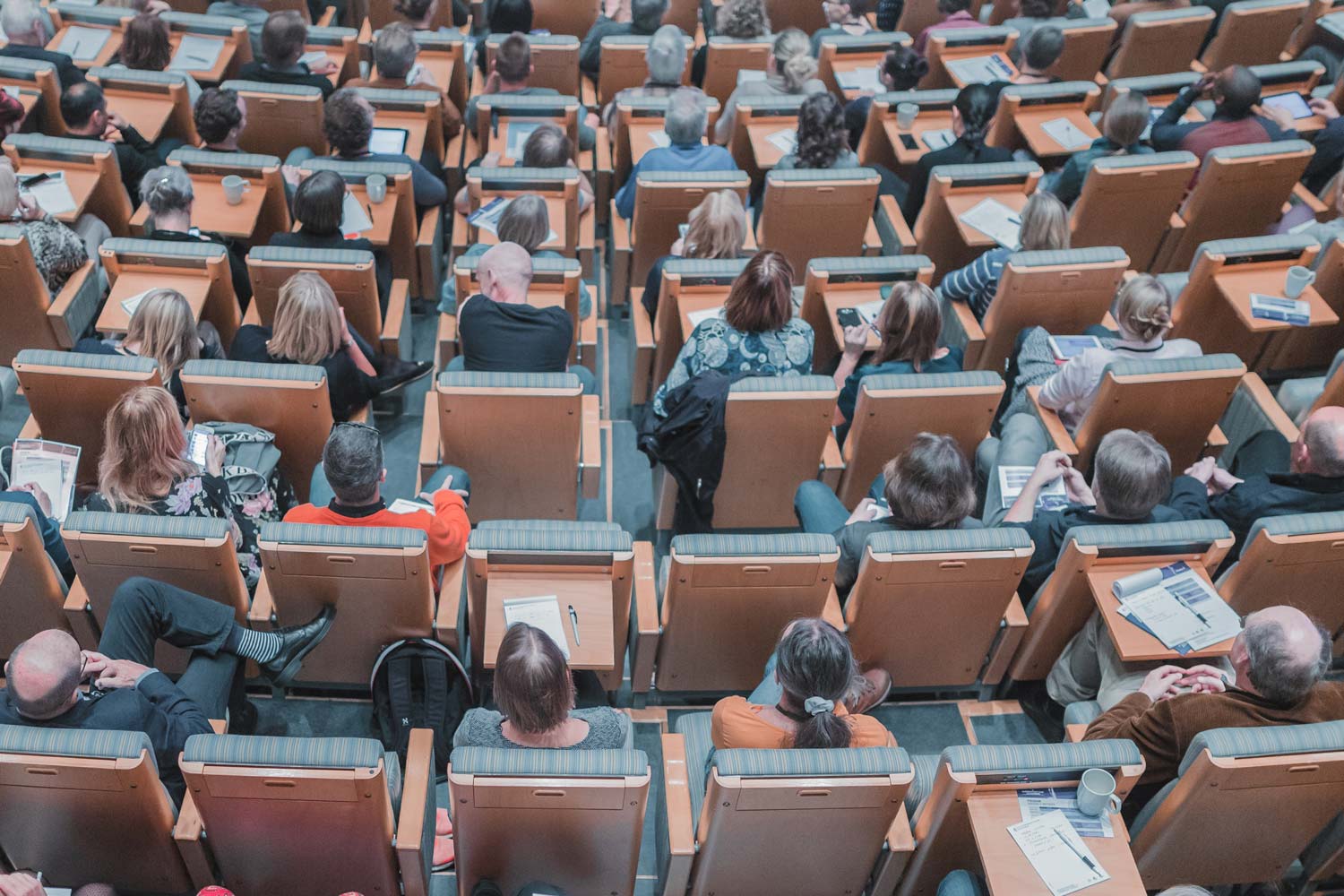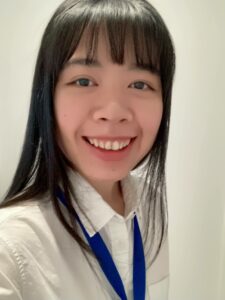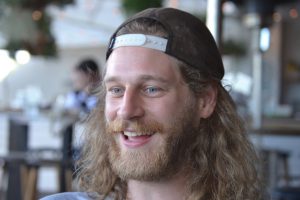Events, meetings, conferences and trainings
FIDELIO aims to train the next generation of scientists in order to tackle the challenges of diabetic bone disease from various angles and with the newest technologies available. Interdisciplinary training, intersectoral exchange and implementation of innovative approaches are the key. The training programme and experience of different international research environments cuts across traditional data and life sciences silos. The emphasis on translational research will support new collaborations between academics, the (bio)technology and health sector.

Dates
All ESRs will participate in network-wide meetings/events designed to complement the local research training of young researchers. These Meetings will be arranged so that each provides: courses on relevant research issues, presentation of the fellows‘ work and complementary skills/training.
Monthly Webinar Series
Each month, FIDELIO offers hour-long webinars on topics of key interest to mainly Fidelio ESRs in nonformal settings to expand the scope of knowledge of the programme.
FIDELIO webinars are open to all, with registration. To register, please send us a message through our contact form, including your email address and organisation, if applicable.
Evidence on the effects of in vitro-induced advanced glycation end-products on cortical bone mechanical properties
and
Bioenergetics of bone cells in diabetes
Date: Thursday, 25 May, 2 pm CET
Speakers
Meichun Lin (UKE)

Synopsis of the talk:
Advanced glycation end-products are suspected of having influenced bone mechanical properties. In vitro ribosylation on cortical bone is a well-developed method to investigate the effects of AGEs on cortical bone mechanical properties.
Sebastian Zanner (SDU)

Synopsis of the talk:
In this webinar we will discuss if mitochondrial dysfunction may increase bone fragility in type diabetes mellitus.
Advances in Musculoskeletal Imaging with Spectral-Computed Tomography
Speaker: Graeme Campbell (Philips)
Date: February 2022
Tips and Tricks when working with RNA
Speaker: Gabriele Christoffel (QIAGEN)
Date: January 2022
Multiscale mechanobiology in bone adaptation and regeneration
Speaker: Ralph Müller (ETH)
Date: November 2021


